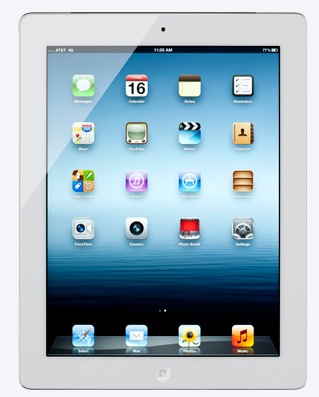Fitch Ratings (http://www.fitchratings.com) — a global rating agency “dedicated to providing value beyond the rating through independent and prospective credit opinions, research and data” — believes Microsoft Corp.’s announcement Monday that it plans to offer its own tablet PC is a defense of its core Windows PC business in the face of growing consumer and enterprise adoption of Apple’s iPad and Android-based tablets.
“While details of the new tablet product are scarce, as price and certain performance capabilities are unclear, we would expect this product to offer similar functionality to a Windows Ultrabook computer with touch capabilities,” says Fitch Ratings. ” In this sense, the market for this type of tablet would include users that need the capability to run Microsoft Office or other applications unavailable on competing OS tablets. The availability of apps will be critical its success, particularly in the consumer market.”
Fitch expects enhanced security features will also differentiate Microsoft’s tablet from consumer-oriented tablets currently in the marketplace, thereby increasing the product’s appeal to CIOs and enterprise users. Microsoft’s tablet is expected to be available concurrently with the unveiling of its new operating system, Windows 8, which is expected in the third quarter of 2012.
However, Microsoft’s decision to offer its own hardware platform could clearly rankle its OEM [original equipment manufacturer] partners, such as Dell and HP, but likely reflects its level of nervousness over the initial cannibalization of PC demand by uptake of the iPad and Android tablets, says Fitch Ratings.
“Microsoft’s decision to limit distribution to its own stores and some undisclosed Web sites should placate its OEM partners,” the report says. “Fitch does not expect Microsoft to remain on the hardware side of tablets long term, assuming the OEMs can develop a successful product. While OEMs will be unlikely to move away from Windows, at least in the near term, we believe the addition of the Surface tablet could potentially spur greater product innovation by OEMs, a core competency that has been significantly underwhelming in recent years relative to new product introductions from Apple.”


